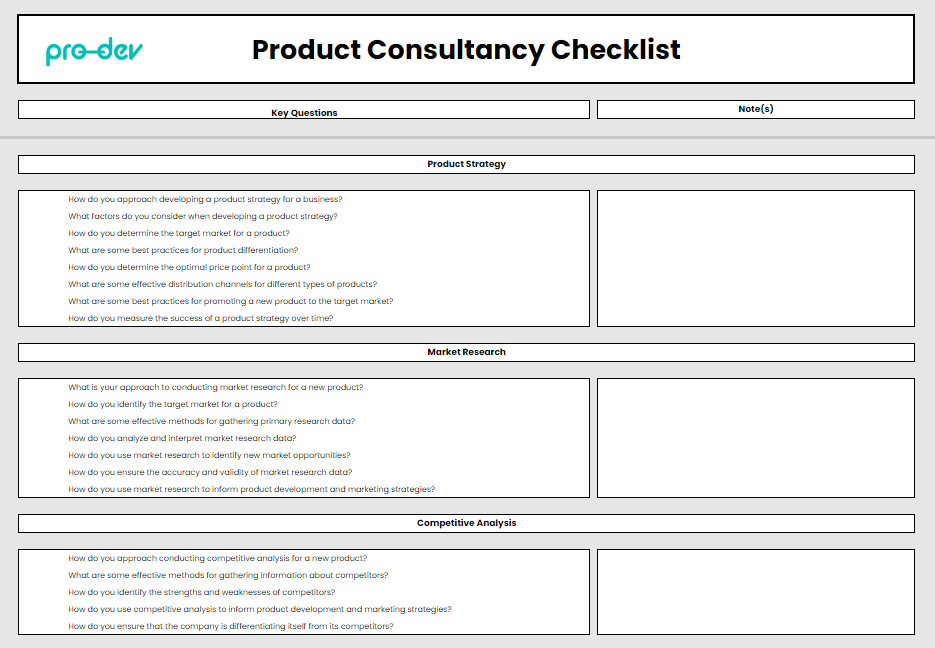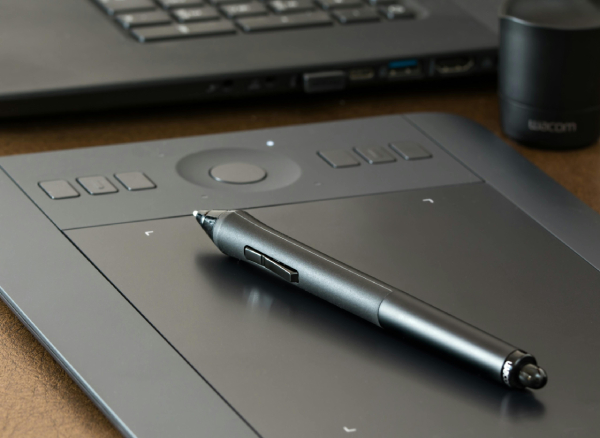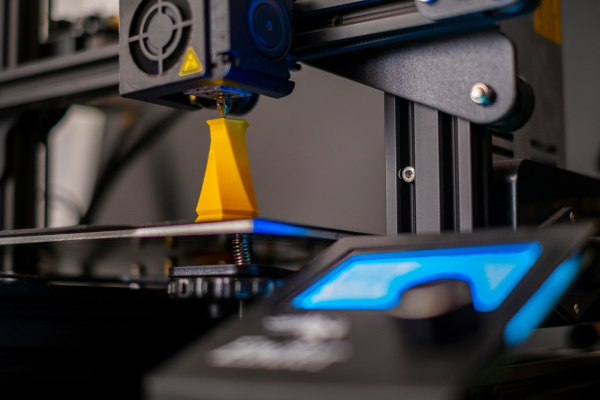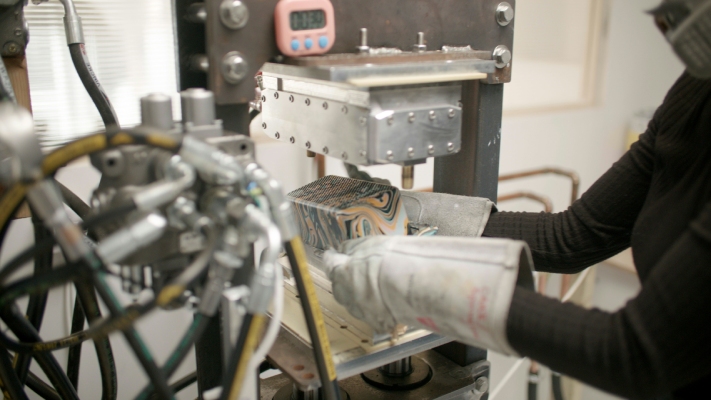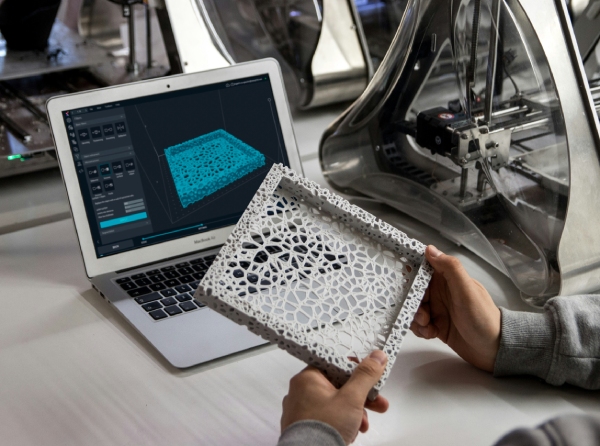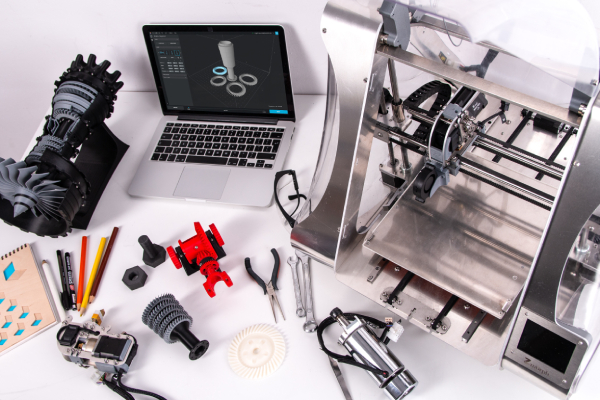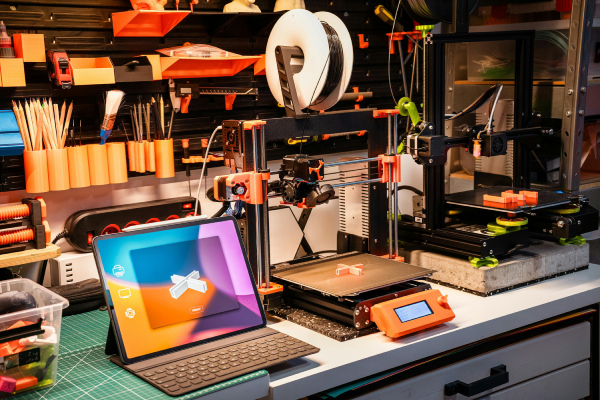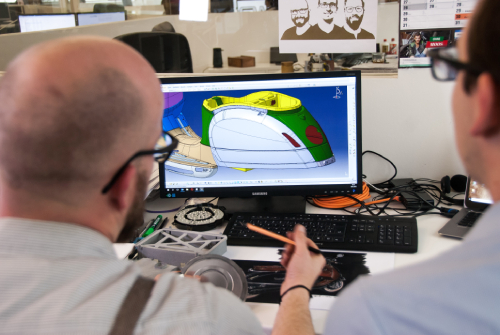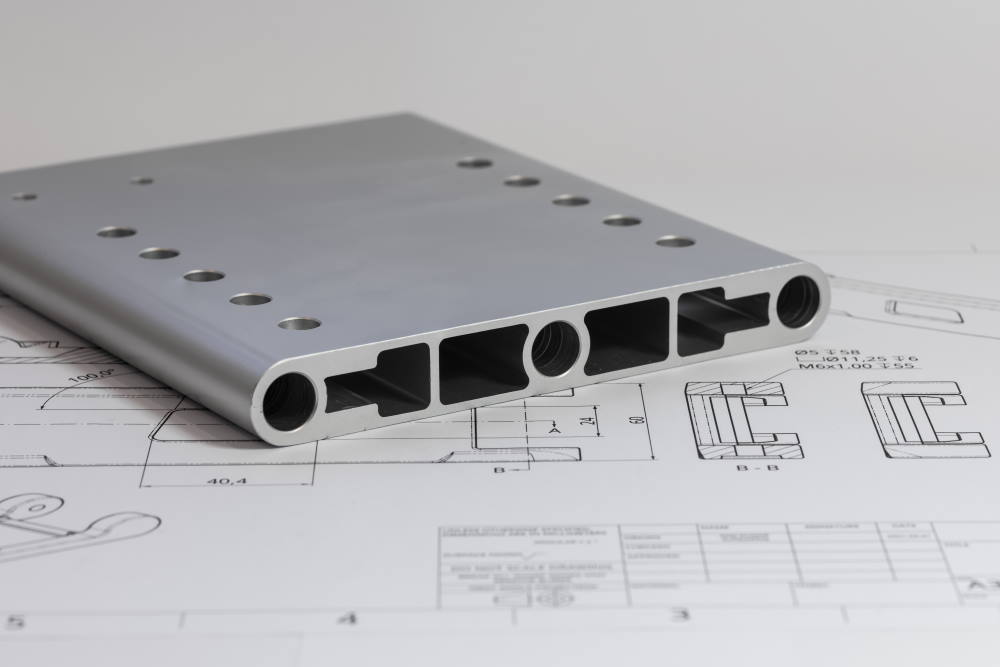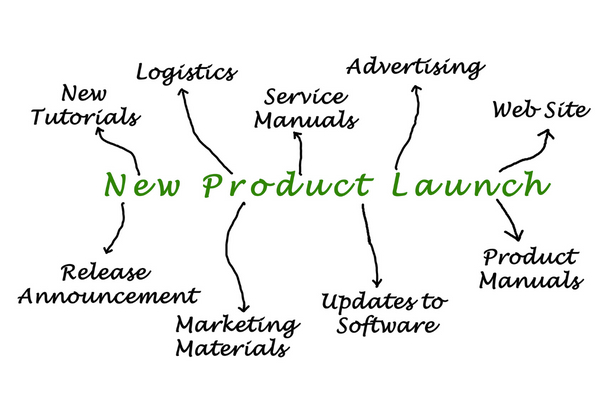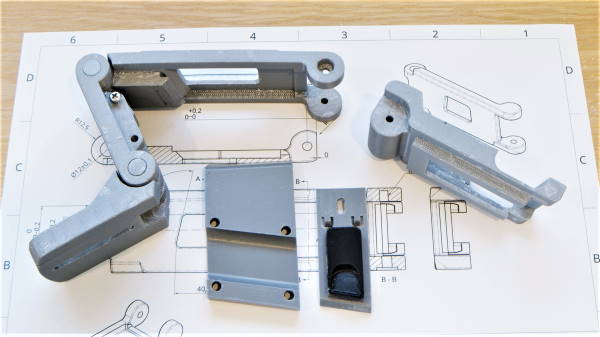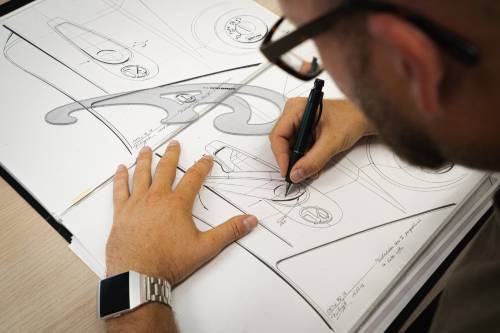The products that companies manufacture and distribute cater to the specific needs of their respective audiences. Given this wide reach, said products can greatly influence customer behaviour and mindset. Because of the impact that their products can bring, product designers have to carefully consider the ethical implications behind their product’s inception. After all, it is a unique responsibility that designers must uphold for the sake of customers who will use their products.
But what does ethical product design entail, exactly? The following are just some pointers that product designers often consider in their line of work.
1. Accessibility

One immediate ethical concern when it comes to product design is the caveat of how it can be made accessible to all potential users. It’s more than just wanting them to patronise your product; it is also about showing a message that your product is truly inclusive.
While it may not be applicable to every product out there, striving to make your product accessible is a great step towards reaching out to more people and letting them know they’re seen. Examples of accessibility features are built-in screen readers, options for various font sizes and font styles, multilingual support, and simplified interface design, among others.
If you’re unsure how to design your product to become more accessible to various groups, then consulting an industrial design NZ company may help give you ideas on how to ensure that your product can be used and enjoyed by more people.
2. User Privacy
If your product is capable of recording data, then it’s your ethical duty to make certain that data remains private unless the users themselves deem it otherwise. This is because any data your product has collected may contain sensitive information about the user that, if distributed carelessly, can potentially inconvenience them at best and harm them at worst.
Make sure as well that user privacy guidelines are also clearly indicated, whether through a manual included in the product or on the product itself, so customers are well informed about what data is being collected from them. For example, a smartwatch that collects user information should be designed to keep said data private unless the customer chooses to share it on, say, their social media account. Consent here is a top priority to respect the wishes of the user.
An ethical product design should also be upfront with users as to how long it keeps their data in its system as well. Is it indefinite or within a certain time frame only? This transparency is important to help users make informed decisions about how they share their data with your product.
3. Product Integrity

Products are designed mainly to help out in the fulfilment of specific tasks and to do so safely. If the product is poorly designed, it can potentially cause injuries or harm to the user. Hence, it is part of a product designer’s ethical consideration to maximise the product’s integrity for the safety of any user.
This ethical consideration can refer to a variety of things. One would be that the product should be designed in a way that is safe to use. If it has multiple parts, for instance, they should all be securely kept in place by design and not prone to easily falling apart to avoid accidents.
Another concern would be for the product to actually fulfil its purpose without unnecessary burden on the user. After all, products are meant to help make the task easier, not give users more pain while doing it. Product integrity may also be concerned with adhering to regulations and safety requirements to comply with the law.
4. Data Security
Data stored in a product—especially those that are capable of connecting to the internet—should always have robust security measures in place. This is to make sure that any sensitive data can’t be stolen by hackers and used for malicious purposes. In connection with the earlier point on user privacy, it’s not enough that the product itself is not sharing any private data, but it should also be actively ensuring that it remains secure from outside threats.
5. Digital Well-being
While technology is a wonderful tool that serves us in a variety of ways, excess use of it can cause health issues as well. For example, too much screen time can cause eye strain, headaches, and even sleep problems. Thus, it is only ethical to design products in a way that a healthy relationship between technology and the user can be established.
This can take the form of occasional pop-up reminders to take a break and built-in features that allow users to restrict their own screen time. Giving them these options allows them to become more mindful of how they use their devices and hopefully encourages them to be more responsible with it.
More than just aiming to create a product that sells, product designers should also take into consideration various ethical concerns to help users enrich their lives in a way that respects their rights. This mindset ensures that those products not only bring value to the user but also espouse a more positive impact in general.
